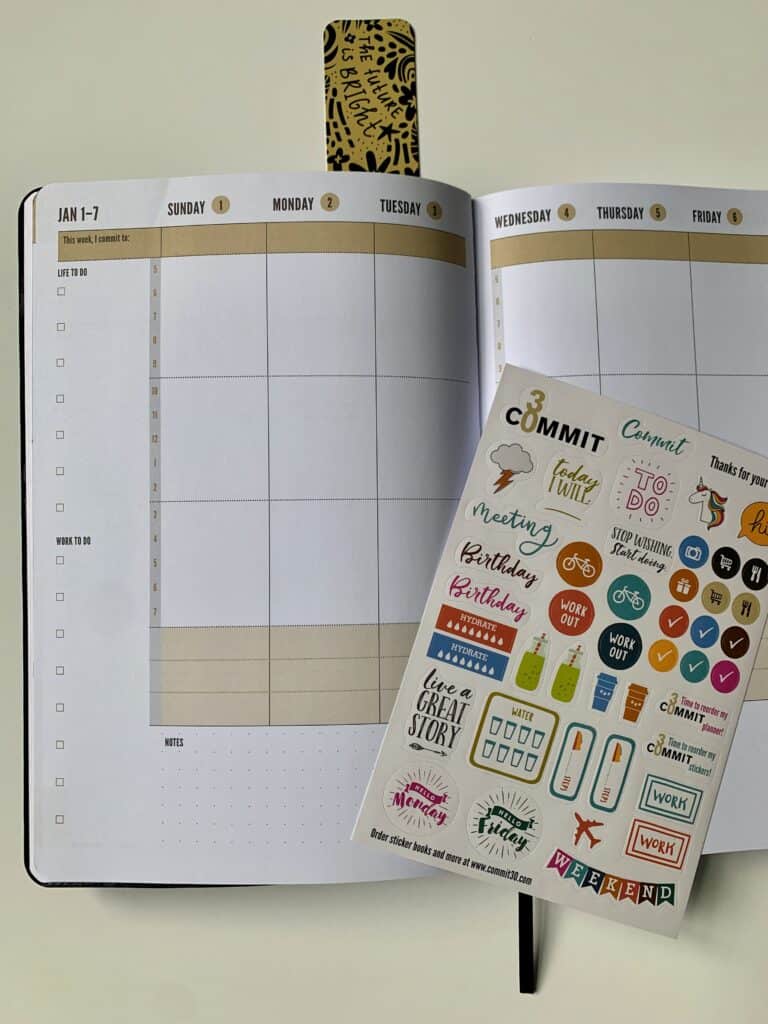This post may contain affiliate links. If you click one and make a purchase, I earn a small commission at no extra cost to you. It helps support the site so I can continue to offer great content to you!

Managing our busy schedules can be quite challenging, as we struggle to balance our daily tasks, maintain healthy relationships, and take care of ourselves. However, it is possible to improve our abilities to handle everything in a more efficient and less stressful way. In this article, I will share some of the best calendar management tips that will help you to achieve just that.

Calendar management tips
1. Keep a complete inventory
It’s important to maintain a comprehensive inventory of all your tasks, including work, exercise, appointments, commitments, errands, chores, and phone calls.
Without a full list, it is impossible to assess how realistic your to-do is for the day, the week, or the month.
2. Prioritize
It’s important to realize that not all tasks on your to-do list are equally important. Some tasks can be more flexible in terms of when they need to be completed. For instance, I have had “cleaning the coat closet” on my list for the past three weeks. Unfortunately, I’ve fallen behind due to a personal illness, and as a result, this task still remains on my list. However, I realize that it has a lower priority compared to other urgent tasks.

Be on the lookout! It is important to be accountable for tasks while remaining flexible in unexpected situations, without using prioritization as an excuse.
3. Share responsibilities
Not everything on your list likely needs to be accomplished by you. If you have a partner, roommate, or children, consider asking them to be responsible for some of the to-dos that apply to them as well.
My teenagers have various household responsibilities, including laundry and cleaning their rooms.
Check out this article for more teenager chores ideas.
4. Implement time-blocking
The time-blocking method is a time management technique that involves breaking down your day into blocks. Each block is assigned a task or activity to be accomplished during that time.
In this article, I break down exactly what time-blocking is and how to successfully implement it.
It’s important to set aside some time for yourself each week. You can use this time to exercise, watch your favorite TV show, or go out on a date with your partner. By scheduling these activities, you won’t feel bad about taking time for yourself because you’ll know that you have a solid plan to accomplish everything you need to do.
5. Be realistic
Now that you have a good look at all the things you need or want to do, it’s time to assess feasibility.
At the beginning of each week, sit down to organize your calendar and plan your week. Start assigning each item to a time block. Make sure you don’t overload a time block with too many activities.
As you are completing one task, you may realize the need to postpone other responsibilities to a different day or week. This is where having clear priorities is quite useful.
Helpful tip: If this is particularly difficult for you, you could track and record how long some routine tasks take you to complete.
6. Be honest with yourself
Ultimately, you are the only one who knows if you are respecting your schedule. If you choose to not follow your own plan, you won’t be successful.
With that said, it is possible to have good reasons to digress from your plan.
However, be honest with yourself. If you decided not to follow the plan because you scrolled on TikTok longer than expected, it’s okay. But, be accountable for the fact that you could not fulfill your to-do list and think about what you could do differently next time.
Helpful tips: Each day/week, journal a few notes describing your weekly success and reasons why you had to alter your plans. You might start to see trends and patterns emerging that will help you find solutions.
7. Share your plan
This calendar management tip emphasizes the importance of communicating plans to your family.
First off, by doing so, someone might offer help.
Second, by communicating what the day and week ahead have in store for you, you limit the number of curve balls that could be thrown your way.
For example, if you had planned to go run errands Wednesday night but did not communicate it, your plan might fall through the cracks when you find out that your spouse has a work dinner, and therefore nobody will be home to watch the kids. This is a frustrating situation that is avoidable.
8. Remove distractions
Try to focus on the task at hand during each of your time blocks. Allowing distractions will only impact your ability to finish your to-do list in the time allocated.
Here are some strategies you can leverage to avoid common distractions.

- Leave your phone in a different room to avoid the temptation to check social media.
- Keep a piece of paper and pen near you to write down things that pop into your mind to do later.
- Set a timer for the amount of time you have. Often, the pressure of the timer will help keep you focused.
- Ask family members to respect your time block and remind them that you will be busy for the next hour.
9. Find the right tool
I have several calendar management tips when it comes to controlling your schedule. Some individuals prefer the convenience of digital tools, while others find it helpful to physically write things down in a planner or notebook.
I do a little bit of both.
For my work planning, I like to use Google Calendar. I find this is the best way to keep me organized while also protecting my time.
In corporate America, meetings are a crucial part of the work routine. However, too many meetings can be overwhelming. To tackle this issue, I have found a simple solution that helps me stay focused and productive. By blocking out specific time slots on my Google calendar, I am able to reserve time for completing important tasks without any interruptions. This way, I can make the most of my time and ensure that my work gets done efficiently.
However, for my personal life, I like to use a paper planner. I have been using the Commit30 planner for three years. I love it. This planner is for goals-oriented people and has lots of room to add notes and lists. You can plan each day down to the hour which is perfect for time-blocking.


Ultimately, any option is valid. You need to find what works for you. The right solution is the one that will support you in being more effective and productive. You might need to try a few different methods before you find your way, and that’s okay.
In conclusion
Achieving high productivity takes preparation. However, you will find that the increased efficiency is well worth the planning efforts. I hope you have learned new and helpful calendar management tips in this article.
Let me know what are some of your best time management tips.
Cat xx


